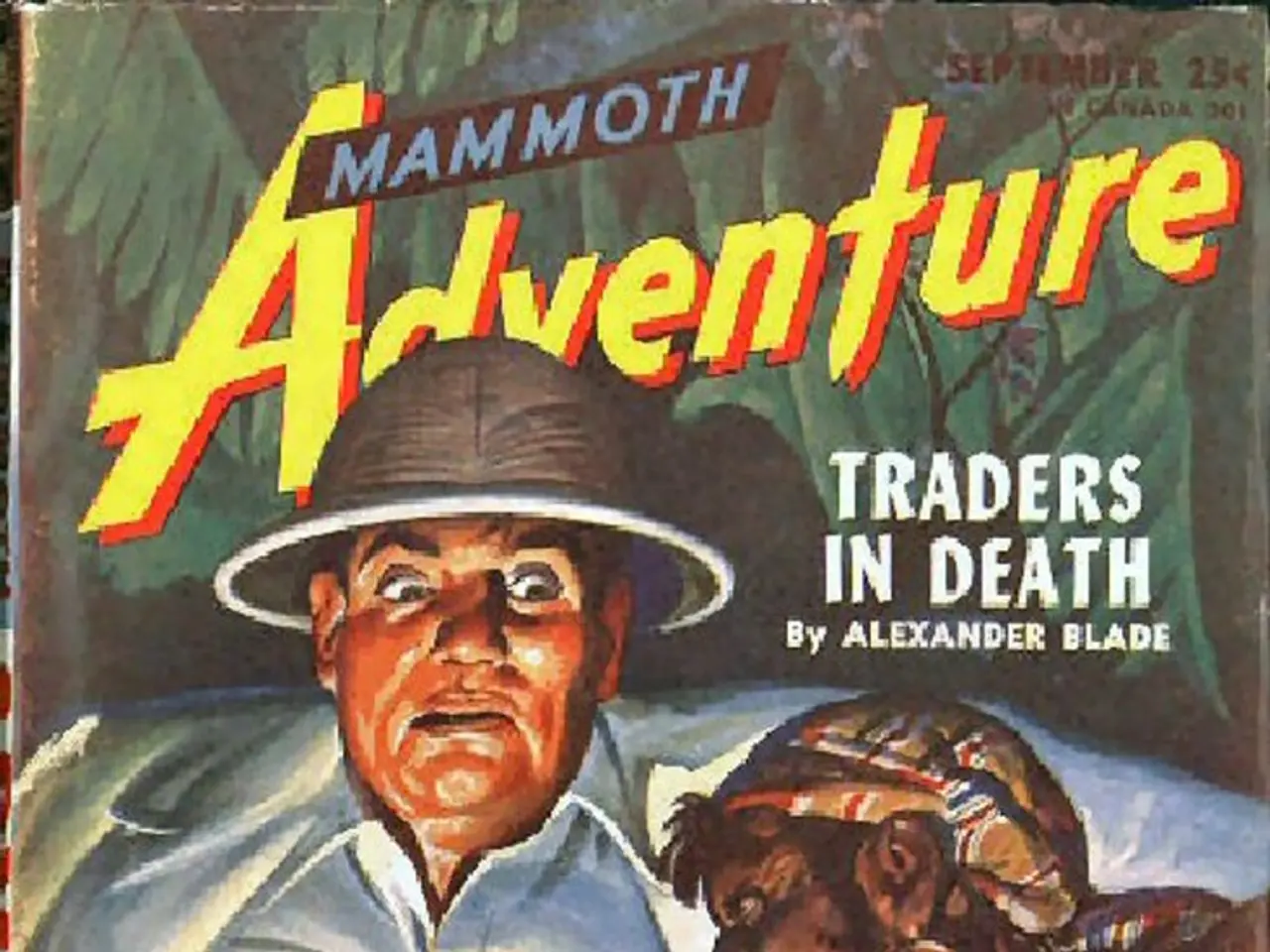Docupoetry: A fusion of documents and poetry, where writings carry the essence of poetry, presented in a formal document format.
================================================================
In the realm of contemporary literature, documentary poetry stands out as a powerful and engaging medium that reflects the complexities of modern society. These poets, who hail from diverse backgrounds, delve into a broad range of themes, often grounded in real-world experiences and communities.
One of the most pressing issues that documentary poets address is social justice and incarceration. By amplifying marginalized voices, they shed light on the experiences of those often overlooked, offering insights into themes of justice, rehabilitation, and personal growth. For instance, poets involved in prison education programmes use documentary poetry to give voice to incarcerated individuals, providing a platform for their stories to be heard.
Another significant focus for documentary poets is Indigenous identity and cultural preservation. Poets from Chicago and surrounding areas, in particular, engage deeply with questions of identity, heritage, and the preservation of culture. Their poetry readings and panels reflect ongoing Indigenous struggles and narratives, serving as a testament to the resilience and creativity of these communities.
Documentary poetry also functions as a form of community documentation and historical memory. Localised projects, such as the Poets of Vernon documentary, celebrate the talents and lived experiences of poets from a specific place, emphasising local identity and collective storytelling. This approach underscores the importance of documenting the unique narratives and cultural dynamics of various communities.
Moreover, documentary poets often intersect with other media, such as film, to document the lives of historical poets like Mahmoud Darwish. This extends the documentary impulse beyond poetry into visual narratives, providing a richer and more immersive experience for readers and viewers alike.
Notable contemporary documentary poets include Salaam Green, who fosters creative expression in marginalised communities, particularly among incarcerated youth. Through poetry and hip-hop workshops, Green aims to promote personal development and rehabilitation. Another notable figure is Jen Bervin, who contributes to poetic scholarship and experimental poetry, documenting cultural and literary histories.
In summary, contemporary documentary poets respond to contemporary societal issues, historical memory, and diverse community experiences. They write about social justice and incarceration, amplifying marginalized voices. They delve into Indigenous identity and cultural preservation. They document local community histories and cultural dynamics. They intersect poetry with film and other art forms to document historical and cultural figures.
This vibrant and engaged literary form serves as a testament to the power of poetry in capturing the essence of our times and preserving the stories of diverse communities for future generations. This article was produced in partnership with the Economic Hardship Reporting Project.
Documentary poets also address lifestyle choices and education-and-self-development within their work, oftentimes intertwining these themes with personal growth and rehabilitation. For example, poetry workshops in schools offer students a platform for creative self-expression and learning, aiming to foster a holistic approach to education that encompasses emotional and intellectual development.
Besides promoting personal growth through education, documentary poets delve into the importance of continuous learning and self-improvement as integral aspects of a fulfilling lifestyle. In doing so, they emphasize the interconnectedness of various aspects of one's existence, from relationships to career choices and personal passions.




